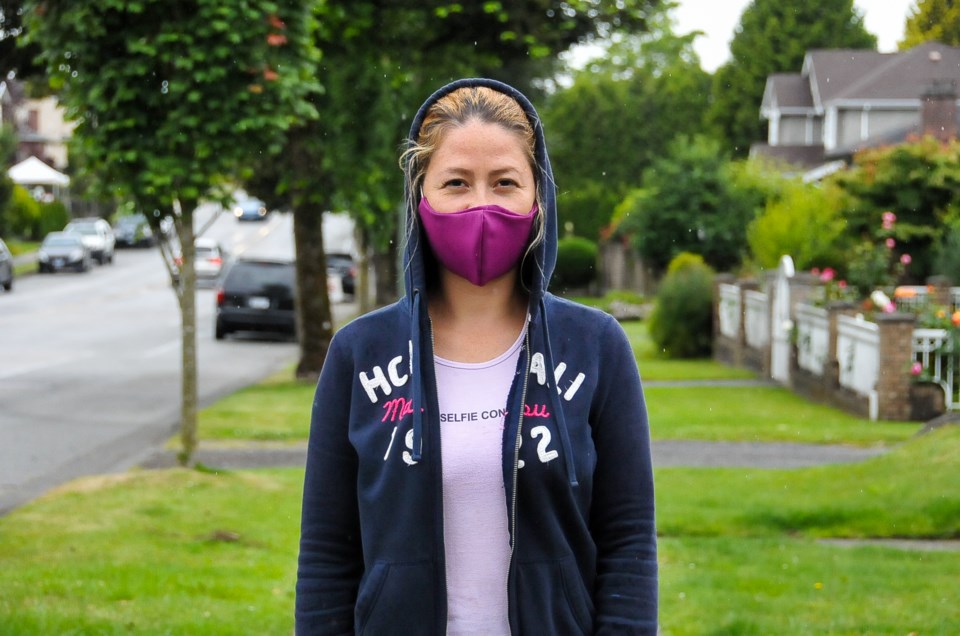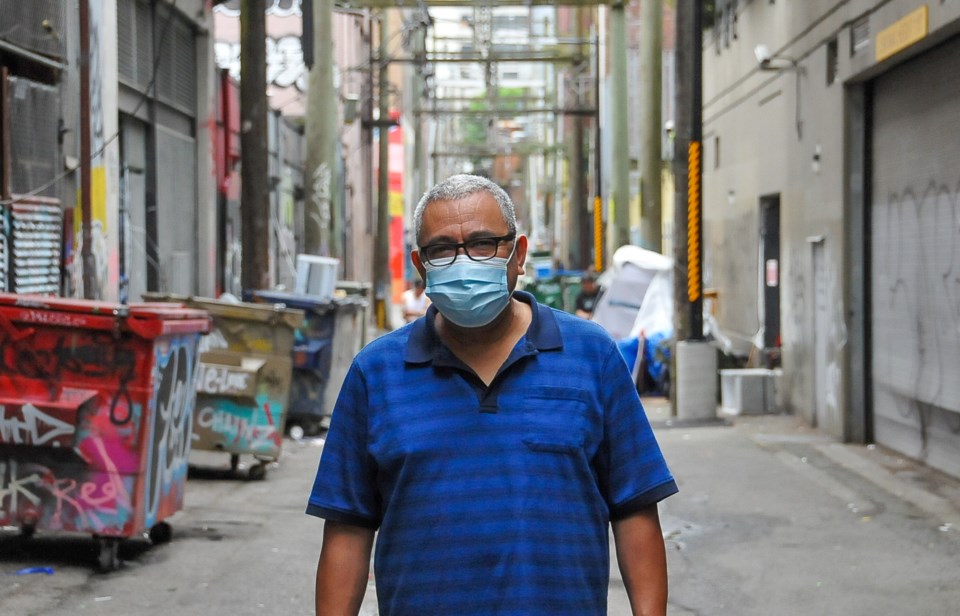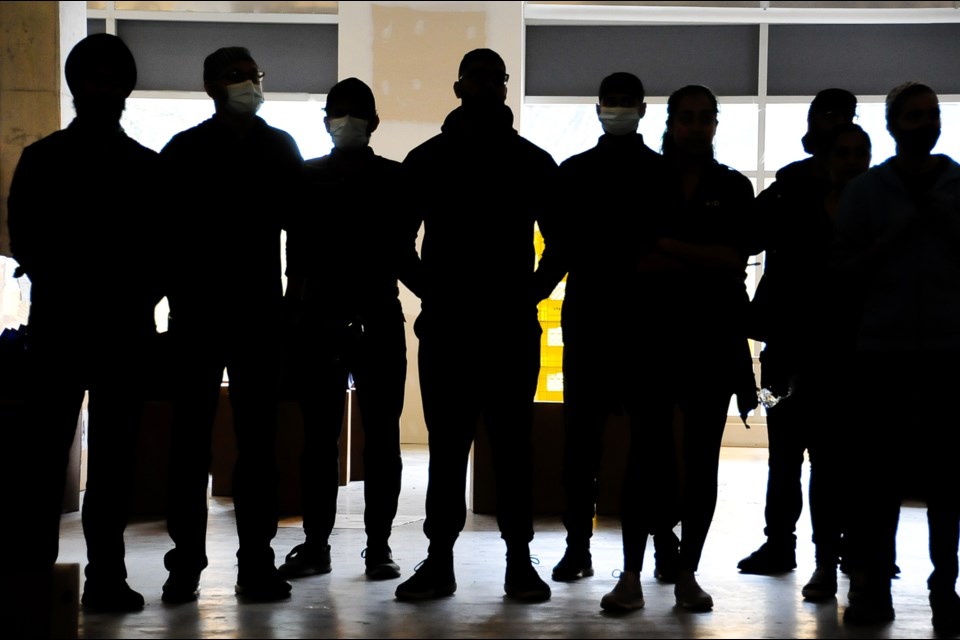A provincial survey gauging the financial fallout from the COVID-19 pandemic has found people with Latin American, West and South Asian backgrounds to be among the most heavily affected groups.
Whereas between 40 and 45% of Latin Americans, West (including Arab) and South Asians reported having difficulty seeing their financial needs, only 29% of the category listed as "Caucasians" said they had experienced such difficulty.
“We’re starting to see the first families who have an active member with COVID,” said Byron Cruz, head of the group Sanctuary Health which has been supporting Latin American families struggling to pay rent and buy groceries throughout the pandemic.
“It’s definitely getting closer.”
Provincial health officer Dr. Bonnie Henry reported the results of the province-wide survey Thursday, Aug. 13, in a rebuke of the notion that COVID-19 is "a great leveler" and on a day where another 78 new cases brought the total number of active cases in the province to 578, the most since the first week of May.
The survey found that respondents with the lowest income reported suffering the most, whether because they couldn’t meet their financial needs, had trouble accessing food or missed out on work. Those identifying themselves as Latin American, West Asian and Black were most likely to report not working due to COVID-19.
British Columbians surviving on lower incomes were also found to have an increased concern for health, were less likely to have the ability to stay home from work when sick, and more likely to have difficulty in accessing health care.
“The number of calls I’ve been getting is more than usual,” said Cruz.
Sanctuary Health works with migrants with precarious immigration status who are often ineligible for government supports. Lately, Cruz said he has been getting more requests for food deliveries from families his group never had contact with in the past, and requests for some kind of housing has seen an uptick as people are unable to pay their rent.

As many British Columbians can attest, the pandemic has wreaked havoc on people's anxieties as much as their finances.
While the survey found Latin Americans were the most likely to report an increased connection to family throughout the pandemic, children of those families were more likely to report increased levels of stress.
“Families are our main emotional support,” said Cruz “But we know that our families back home are in worse situations than we are here.”
That means sending home remittances at sometimes unsustainable levels, a heavy burden that is taxing on both bank accounts and stress levels.
Cruz said many of the 150-plus families his organization supports have had family members die from COVID-19 in places like Mexico and Guatemala, and his Nicaraguan neighbours have lost both parents back home as the virus rages across Latin America.

But even Cruz, who has a regular job and pay, said he’s feeling the pressure. He supports both his parents who have been shut in for three months in the highlands of Guatemala. Added to that, Cruz said he’s had to support his sister, who was forced to close her restaurant, and his brother, whose sandal factory has slowed to a crawl.
“That is a similar situation to so many people,” he said.
When he looks closer to home, Cruz and his organization worry that a spike in cases in the fall could decimate the non-profit's resources when people need it most. On Thursday, modelling from the province suggests the number of new daily COVID-19 cases could soar to over 100 cases per day, levels higher than their peak in April.
“This Saturday we’re planning our last massive distribution of food,” he said. “We need to reserve, we need to save.”
“We have to be prepared for the second big wave of COVID.”



